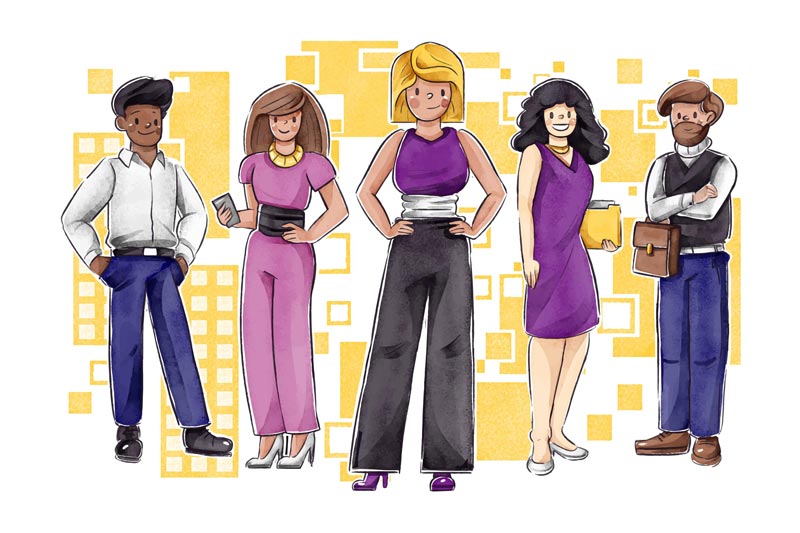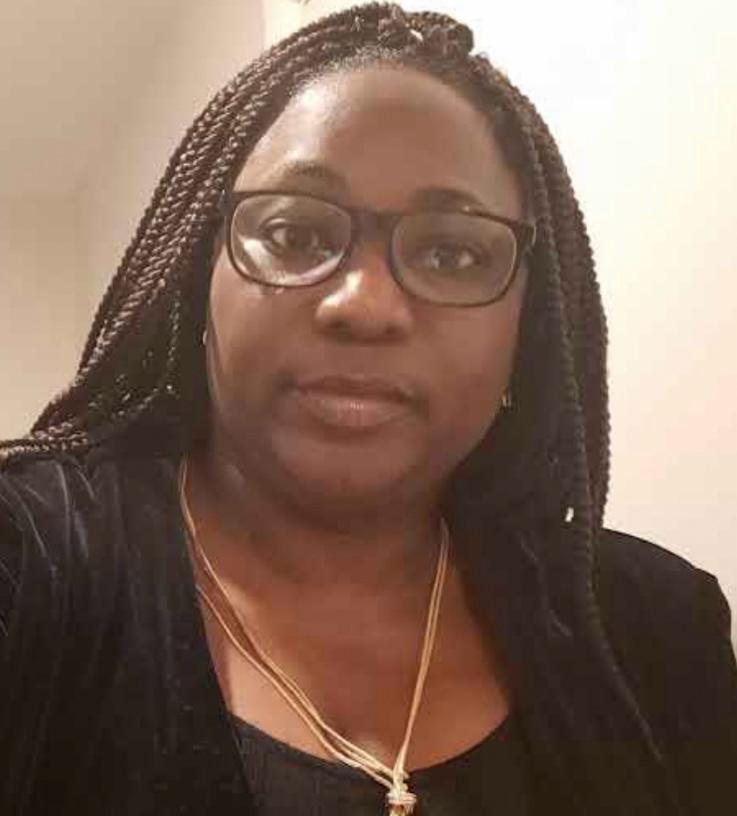Our Founder’s Story

Dr. Ekundayo Babatunde
Author | Mother | Youth Advocate | Public Health Scholar

My professional journey is grounded in a commitment to improving the health and wellbeing of young people through the intersection of research, policy, and practice. At the core of this work is a guiding mission to support youth in building mental, emotional, and physical resilience.
My early career began in the field with USAID, where I contributed to large-scale public health initiatives focused on HIV/AIDS prevention and child survival across diverse African communities. These experiences exposed me to the disconnect between public health messaging and the lived realities of adolescents, particularly in cultures where open dialogue about sexuality is discouraged.
In collaboration with community stakeholders and through needs assessments conducted for organizations such as Lifebuilders, I observed that many young people were not accessing preventive services. Despite being sexually active, youth often avoided protection due to stigma, cultural taboos, and fear of judgment. These barriers contributed to increasing rates of HIV infection, unintended pregnancy, and psychosocial distress, particularly among adolescent girls.
These early encounters led me to pursue a doctoral degree with support from the Ford Foundation International Fellowship. My PhD research at the University of Manchester examined how cultural frameworks influence youth sexual health behavior. The findings reinforced what I had seen in practice: youth are often caught between normative expectations and their developmental needs, with limited access to accurate information or supportive environments.
As I expanded my research into the American context, I found new yet familiar patterns. While the structural conditions differed, many of the same challenges persisted. In communities with limited access to comprehensive sexuality education or culturally responsive care, young people remained vulnerable to misinformation, silence, and stigma. Mental health concerns, peer influence, and family dynamics further shaped their risk environment.
In addition to my research and teaching roles, I have worked within the child welfare system across multiple states, serving as both a child protection investigator and permanency worker. These roles deepened my understanding of the instability faced by system-involved youth, particularly those transitioning from detention or foster care. Many experience housing disruptions, emotional distress, and a lack of supportive structures needed for reintegration.
These experiences revealed a critical service gap that YouthLift Initiatives seeks to address. Beyond education and outreach, the organization is committed to providing short-term, stabilizing housing for youth in transition—ensuring they are supported while long-term solutions are pursued.
Across both African and American contexts, my research and professional experiences have consistently underscored the universal needs of youth: affirmation, access to accurate knowledge, safe environments, and trusted support systems. Safer decision-making and emotional wellbeing are not solely outcomes of information, but of environments structured to support development and dignity.
As a mother of three adolescents, I approach this work with both scholarly insight and lived parental experience. I understand that youth development requires more than awareness. It demands access to honest dialogue, culturally responsive education, and systems of care that reflect the realities young people face.
YouthLift Initiatives represents the integration of academic inquiry, public health practice, and direct service. It is a platform for transformative impact—locally and globally—rooted in evidence and driven by empathy.
And this is only the beginning.
